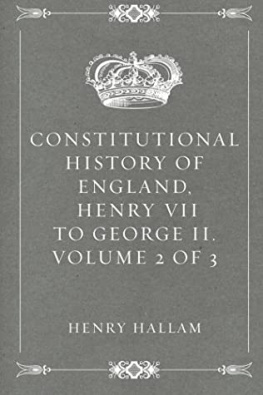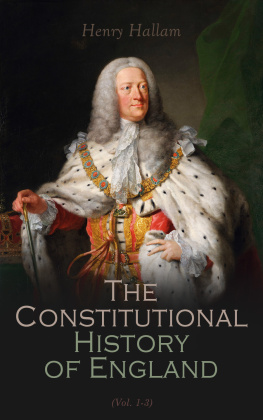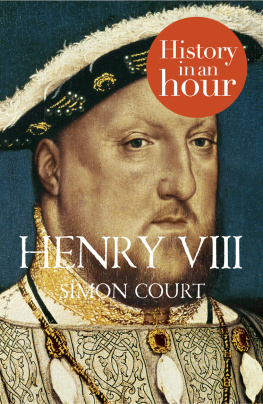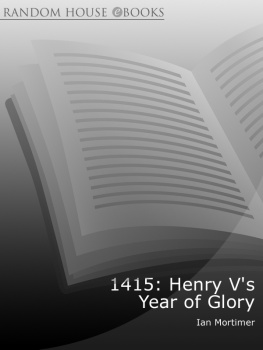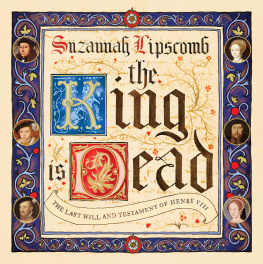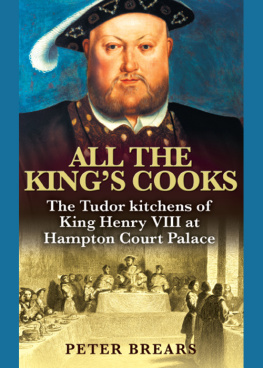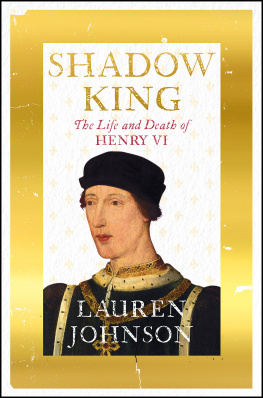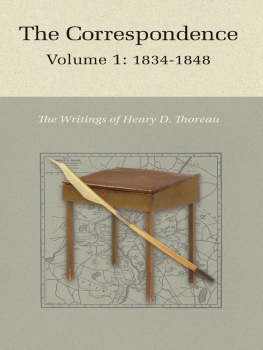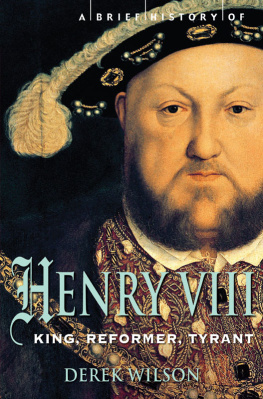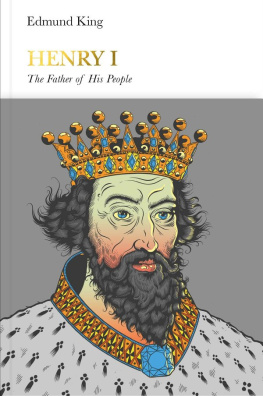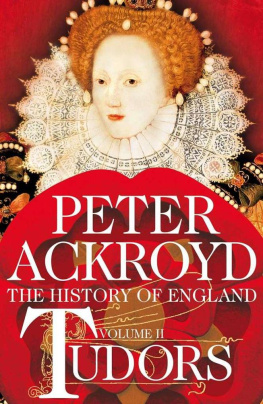| Note: | Images of the original pages are available through Internet Archive. See http://archive.org/details/constitutionalh02hall |
Transcriber's Note:
Obvious typographical errors have been corrected. Inconsistent spelling and hyphenation in the original document have been preserved.
The book uses both Richelieu and Richlieu.
On Page , the phrase "any their progenitors" possibly should be "any of their progenitors".
EVERYMAN'S LIBRARY
EDITED BY ERNEST RHYS
HISTORY
HALLAM'S
CONSTITUTIONAL HISTORY
WITH AN INTRODUCTION BY
Professor J. H. MORGAN
VOLUME TWO
THE PUBLISHERS OF EVERYMAN'S LIBRARY WILL BE PLEASED TO SEND FREELY TO ALL APPLICANTS A LIST OF THE PUBLISHED AND PROJECTED VOLUMES TO BE COMPRISED UNDER THE FOLLOWING THIRTEEN HEADINGS:
TRAVEL * SCIENCE *FICTION
THEOLOGY & PHILOSOPHY
HISTORY * CLASSICAL
FOR YOUNG PEOPLE
ESSAYS * ORATORY
POETRY & DRAMA
BIOGRAPHY
REFERENCE
ROMANCE
IN FOUR STYLES OF BINDING: CLOTH, FLAT BACK, COLOURED TOP; LEATHER, ROUND CORNERS, GILT TOP; LIBRARY BINDING IN CLOTH, & QUARTER PIGSKIN
London : J. M. DENT & SONS, Ltd.
New York : E. P. DUTTON & CO.
Frontispiece
"CONSIDER
HISTORY
WITH THE
BEGINNINGS OF
IT STRETCHING
DIMLY INTO THE
REMOTE TIME; EMERGING
DARKLY
OVT OF THE
MYSTERIOVS
ETERNITY:
THE TRVE EPIC
POEM AND VNIVERSAL
DIVINE
SCRIPTVRE..."
CARLYLE
CONSTITUTIONAL
HISTORY of
ENGLAND
HENRY VII TO
GEORGE II.
BY HENRY
HALLAM: VOL. 2
LONDON: PUBLISHED
by J. M. DENT & SONS LTD
AND IN NEW YORK
BY E. P. DUTTON & CO
CONTENTS
CHAPTER VIII
FROM THE DISSOLUTION OF CHARLES'S THIRD PARLIAMENT TO THE MEETING OF THE LONG PARLIAMENT
Declaration of the King after the DissolutionProsecutions of Eliot and others for Conduct in ParliamentOf Chambers for refusing to pay CustomsCommendable Behaviour of Judges in some InstancesMeans adopted to raise the RevenueCompositions for KnighthoodForest LawsMonopoliesShip-MoneyExtension of it to inland PlacesHampden's Refusal to payArguments on the CaseProclamationsVarious arbitrary ProceedingsStar-Chamber JurisdictionPunishments inflicted by itCases of Bishop Williams, Prynne, etc.Laud, his CharacterLord StraffordCorrespondence between these twoConduct of Laud in the ChurchProsecution of PuritansFavour shown to CatholicsTendency to their ReligionExpectations entertained by themMission of PanzaniIntrigue of Bishop Montagu with himChillingworthHalesCharacter of Clarendon's WritingsAnimadversions on his Account of this PeriodScots Troubles, and Distress of the GovernmentParliament of April 1640Council of YorkConvocation of Long Parliament
CHAPTER IX
FROM THE MEETING OF THE LONG PARLIAMENT TO THE BEGINNING OF THE CIVIL WAR
Character of Long ParliamentIts salutary MeasuresTriennial BillOther beneficial LawsObservationsImpeachment of StraffordDiscussion of its JusticeAct against Dissolution of Parliament without its ConsentInnovations meditated in the ChurchSchism in the Constitutional PartyRemonstrance of November 1641Suspicions of the King's SincerityQuestion of the MilitiaHistorical Sketch of Military Force in EnglandIncroachments of the ParliamentNineteen PropositionsDiscussion of the respective Claims of the two Parties to SupportFaults of both
CHAPTER X
FROM THE BREAKING OF THE CIVIL WAR TO THE RESTORATION
Part I
Success of the King in the first Part of the WarEfforts by the moderate Party for PeaceAffair at BrentfordTreaty of OxfordImpeachment of the QueenWaller's PlotSecession of some Peers to the King's QuartersTheir Treatment there impoliticThe anti-pacific Party gain the Ascendant at WestminsterThe Parliament makes a new Great SealAnd takes the CovenantPersecution of the Clergy who refuse itImpeachment and Execution of LaudDecline of the King's Affairs in 1644Factions at OxfordRoyalist Lords and Commoners summoned to that CityTreaty of UxbridgeImpossibility of AgreementThe Parliament insist on unreasonable TermsMiseries of the WarEssex and Manchester suspected of LukewarmnessSelf-denying OrdinanceBattle of NasebyDesperate Condition of the King's AffairsHe throws himself into the Hands of the ScotsHis Struggles to preserve Episcopacy, against the Advice of the Queen and othersBad Conduct of the QueenPublication of Letters taken at NasebyDiscovery of Glamorgan's TreatyKing delivered up by the ScotsGrowth of the Independents and RepublicansOpposition to the Presbyterian GovernmentTolerationIntrigues of the Army with the KingHis Person seizedThe Parliament yield to the ArmyMysterious Conduct of CromwellImprudent Hopes of the KingHe rejects the Proposals of the ArmyHis Flight from Hampton CourtAlarming Votes against himScots' InvasionThe Presbyterians regain the AscendantTreaty of NewportGradual Progress of a Republican PartyScheme among the Officers of bringing Charles to TrialThis is finally determinedSeclusion of Presbyterian MembersMotives of some of the King's JudgesQuestion of his Execution discussedHis CharacterIcon Basilike
Part II
Abolition of the Monarchyand of the House of LordsCommonwealthSchemes of CromwellHis Conversations with WhitelockUnpopularity of the ParliamentTheir FallLittle ParliamentInstrument of GovernmentParliament called by CromwellDissolved by himIntrigues of the King and his PartyInsurrectionary Movements in 1655Rigorous Measures of CromwellHis arbitrary GovernmentHe summons another ParliamentDesigns to take the Crownthe Project failsBut his Authority as Protector is augmentedHe aims at forming a new House of LordsHis Deathand CharacterRichard his Son succeeds himIs supported by some prudent MenBut opposed by a CoalitionCalls a ParliamentThe Army overthrow bothLong Parliament restoredExpelled againand again restoredImpossibility of establishing a RepublicIntrigues of the RoyalistsThey unite with the PresbyteriansConspiracy of 1659Interference of MonkHis DissimulationSecluded Members return to their SeatsDifficulties about the RestorationNew ParliamentKing restoredWhether previous Conditions requiredPlan of reviving the Treaty of Newport inexpedientDifficulty of framing ConditionsConduct of the Convention about this not blameableExcept in respect of the MilitiaConduct of Monk
CHAPTER XI
FROM THE RESTORATION OF CHARLES II. TO THE FALL OF THE CABAL ADMINISTRATION
Popular Joy at the RestorationProceedings of the Convention ParliamentAct of IndemnityExclusion of the Regicides and othersDiscussions between the Houses on itExecution of RegicidesRestitution of Crown and Church LandsDiscontent of the RoyalistsSettlement of the RevenueAbolition of Military TenuresExcise granted insteadArmy disbandedClergy restored to their BeneficesHopes of the Presbyterians from the KingProjects for a CompromiseKing's Declaration in Favour of itConvention Parliament dissolvedDifferent Complexion of the nextCondemnation of VaneIts InjusticeActs replacing the Crown in its PrerogativesCorporation ActRepeal of Triennial ActStar-chamber not restoredPresbyterians deceived by the KingSavoy ConferenceAct of UniformityEjection of Nonconformist ClergyHopes of the CatholicsBias of the King towards themResisted by Clarendon and the ParliamentDeclaration for IndulgenceObjected to by the CommonsAct against ConventiclesAnother of the same KindRemarks on themDissatisfaction increasesPrivate Life of the KingOpposition in ParliamentAppropriation of SuppliesCommission of public AccountsDecline of Clarendon's PowerLoss of the King's FavourCoalition against himHis ImpeachmentSome Articles of it not unfoundedIllegal ImprisonmentsSale of DunkirkSolicitation of French MoneyHis Faults as a MinisterHis pusillanimous Flightand consequent BanishmentCabal MinistryScheme of Comprehension and IndulgenceTriple AllianceIntrigue with FranceKing's Desire to be absoluteSecret Treaty of 1670Its ObjectsDifferences between Charles and Louis as to the Mode of its ExecutionFresh Severities against DissentersDutch WarDeclaration of IndulgenceOpposed by Parliamentand withdrawnTest ActFall of Shaftesbury and his Colleagues

